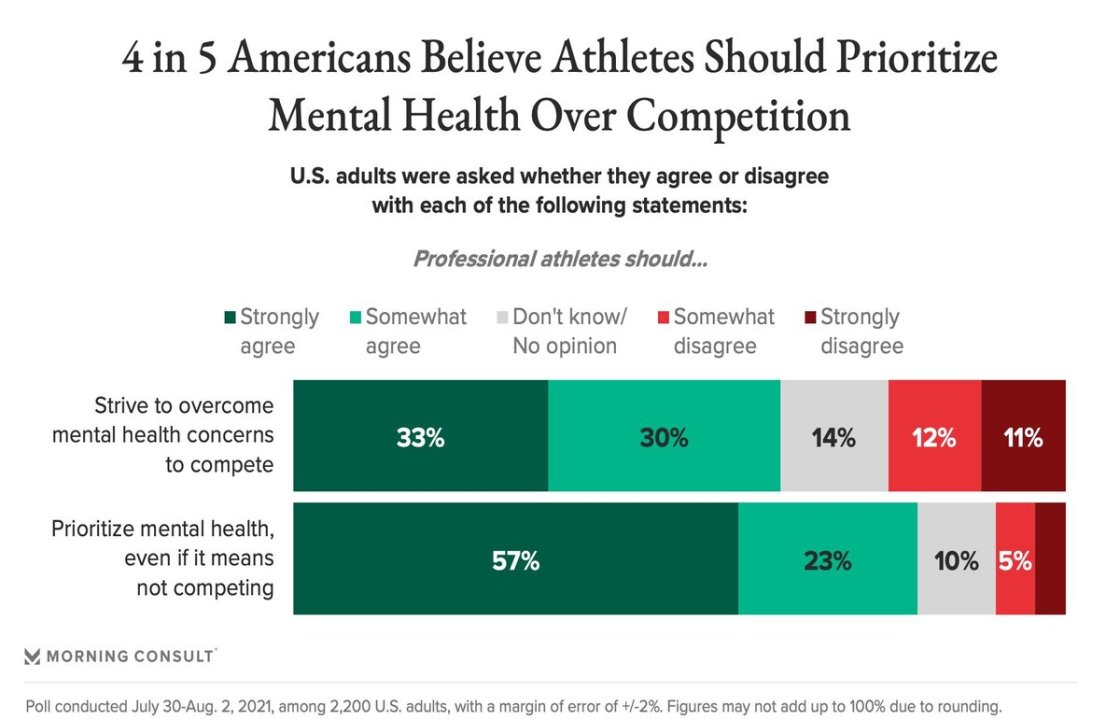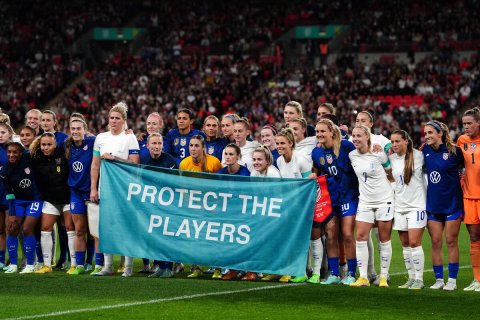As the spotlight grows brighter on sports, so does the need to address the often-overlooked mental well-being of athletes.
The Growing Conversation Around Mental Health in Sports
The conversation around mental health in sports has gained remarkable traction in recent years, largely thanks to high-profile athletes who have bravely shared their struggles. Icons like Simone Biles, Naomi Osaka, and Kevin Love have broken the silence, highlighting that mental health is just as vital as physical performance. Their stories have catalyzed a cultural shift, challenging the long-held belief that toughness on the field equates to emotional invulnerability. At the same time, social media has played a dual role—providing a platform for advocacy while also amplifying the pressures athletes face in maintaining an idealized image.
The Unique Pressures Faced by Athletes
Athletes experience a unique set of challenges, from the relentless pursuit of perfection to the crushing weight of expectations from fans, media, and sponsors. The physical demands of training and competition are matched by emotional stress, particularly when injuries interrupt their careers. These challenges often force athletes into silence, fearing stigma or repercussions for appearing "weak." For many, their identity is tightly woven into their performance, making any setback feel personal and overwhelming.

Institutional Support for Athlete Well-Being
Institutions are beginning to take action. Organizations like the NCAA and professional leagues have recognized the importance of addressing mental health head-on and implementing programs and policies to support athletes. Sports psychologists and mental performance coaches are becoming integral members of training teams, offering tools to manage stress, build resilience, and navigate the complexities of elite competition. Even at the youth level, efforts are being made to provide athletes with access to resources that promote holistic well-being.
Redefining Success Beyond the Scoreboard
A growing emphasis on redefining success is reshaping the sports landscape. Coaches and organizations are encouraging athletes to focus on the process rather than fixate solely on outcomes. This approach fosters self-compassion and mindfulness, allowing athletes to view setbacks as opportunities for growth rather than failures. Role models who prioritize mental health, such as Michael Phelps and DeMar DeRozan, are inspiring a new generation of athletes to embrace self-care without shame.

What’s Next? Creating a Holistic Approach to Athlete Wellness
Looking ahead, a more holistic approach to athlete wellness is essential. This means integrating mental health as a core component of training programs, treating it with the same importance as physical fitness. Sports organizations must advocate for better funding and policies to support mental health initiatives while educating coaches, parents, and athletes to foster a culture of awareness and acceptance.
The increasing attention to athletes’ mental health reflects a powerful evolution in sports culture—one that values humanity over heroics. By continuing to break the stigma, we’re not only empowering athletes but also redefining what it truly means to be a champion.






